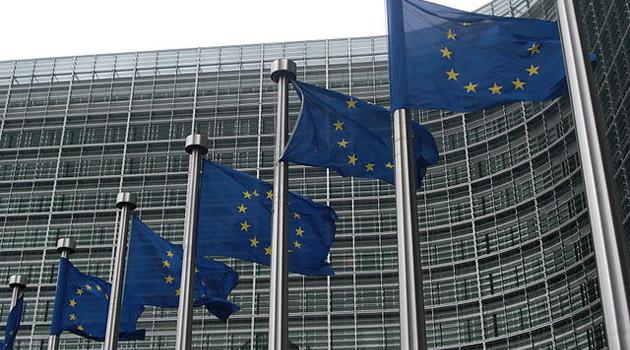EU-28 ministers have not yet reached full agreement on refugee redistribution

Interior Ministers of the Member States of the European Union were unable to fully reach agreement yesterday on how they will redistribute 40 000 asylum seekers currently in Greece and Italy throughout the EU over the next two years. Jean Asselborn, the Minister of Foreign and European Affairs of Luxembourg, which currently presides over the EU, is convinced that agreement will be reached at the next meeting on 20 July.
The Czech representative at yesterday’s informal meeting, Interior Minister Milan Chovanec, told journalists that Prague wants to know what the European Union will do to systematically halt the ongoing waves of migration into the EU during the next months and years. According to the information communicated today, other Member States have pledged to take in most of the 40 000 persons, but 13 000 remain without another destination besides Greece or Italy.
Some states made it clear that they would prefer not to participate in the entire plan at all. Asselborn, however, made light of such reports at the closing press conference, saying that the contradictions can be overcome on 20 July "in two or three hours".
He did admit that the discussion was complicated. German Interior Minister Thomas De Maziere told journalists that the meeting’s second aim – to agree to receive 20 000 people entitled to international protection during the next two years who are not yet in the EU – will succeed.
The number of places promised to such persons was reportedly even exceeded. Of the discussion on "relocation", however – how many refugees the other Member States will voluntarily take from Greece and Italy – De Maziere said, "We aren’t at the goal yet."
De Maziere said Germany would be relocating 9 000 people now in Greece and Italy. Chovanec said he had presented the Czech Republic’s intention of accepting 1 500 refugees by 2017 to his EU colleagues.
"We are at a phase when some states have communicated their numbers and their position. Some have yet to define them. Now they will make the calculations. We’ll see how it turns out," the Czech Interior Minister said.
At the June EU summit the states rejected a proposal from the European Commission for mandatory quotas according to which 40 000 Eritrean and Syrian asylum seekers might be relocated from Greece and Italy among the remaining EU countries over the the next two years. There have been enormous problems with the waves of migration from those two countries heading across the Mediterranean Sea in recent months.
According to the quota plan, 1 320 people would have been received by the Czech Republic. Last month the EU countries pledged to receive the same number of persons, but only on a voluntary basis.
The EU-28 should also receive another 20 000 persons entitled to international protection who are not yet on EU territory but are in refugee camps outside the EU. On Wednesday the Czech Government approved the reception of 400 refugees this year, 700 next year, and 400 the year after that.
Of those, 1 100 would be people already in the EU (in Greece and Italy) and 400 are supposed to be people now living in camps in Jordan, Kurdish territory, and Syria. In June the EU-28 interior ministers gave themselves until the end of July to work out the details of these receptions and relocations.
According to Chovanec, some countries today announced numbers that essentially correspond to those proposed by the European Commission, and some are even higher. French Interior Minister Bernard Cazeneuve said his country will receive 2 375 people from camps outside the EU.
France will also receive another 6 750 people relocated from Greece and Italy. Other states, according to Chovanec, have not offered concrete data on receptions.
Some countries said they don’t want to participate but Chovanec did not say which ones. "The atmosphere is, in my view, a nervous one," he said of the meeting.
Nevertheless, he still believes agreement will be reached among all of the EU Member States. EU Commissioner for Migration, Home Affairs and Citizenship Dimitris Avramopulos reminded the press today that the European Commission will contribute EUR 6 000 per asylum seeker from Greece and Italy to the receiving country.
For Prague the question of redistributing asylum seekers is just part of the migration issue as a whole. "We will want to debate the entire system of migration policy and how Europe should have probably dealt with it 10 years ago," the Czech Interior Minister said.
During yesterday’s discussion the Czech Republic and other countries emphasized the question of beefing up return policies for migrants not entitled to international protection and the need to continue EU military operations against boats smuggling people on the Mediterranean Sea. Chovanec said the European Commission should look for "safe countries" outside the EU where it would be possible to create refugee facilities so that migrants would be diverted away from the EU.
Previously countries such as Egypt and Tunisia have been mentioned as such" safe" destinations. Today the interior ministers discussed the establishment of "hotspots" and places in Greece, possibly Hungary, and Italy where asylum seekers could be rapidly registered.